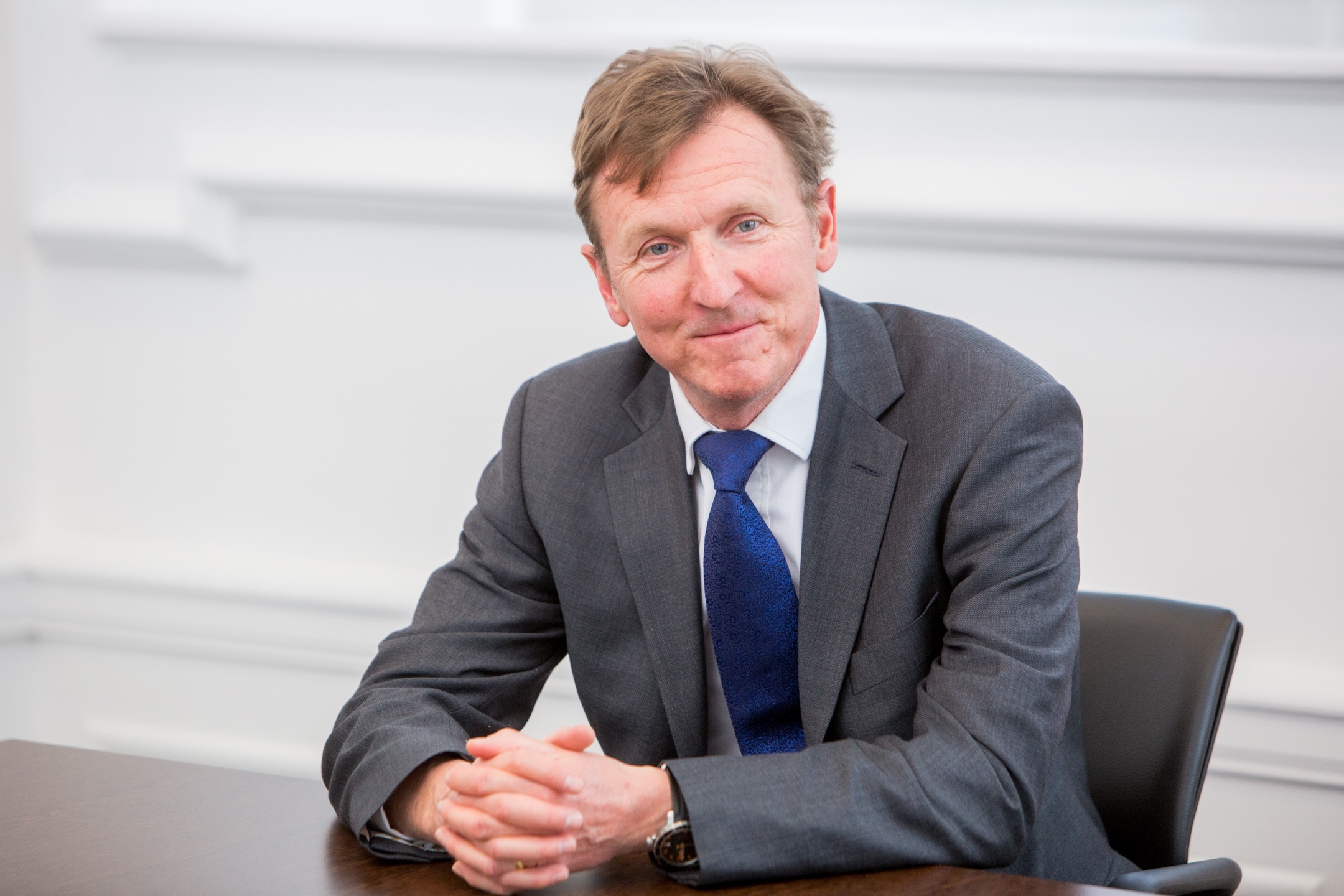
Expert PI lawyer joins firm
Paul Kitson, one of the UK’s foremost personal injury lawyers, has joined leading law firm Hugh James as a consultant. Bringing 30 years’ experience to Hugh James’s growing personal injury claimant team, Paul specialises in acting for seriously injured vulnerable road users and in particular cyclists.
With a notable career to date, Paul acted for two of the three claimants in the trilogy of cases which proceeded to the House of Lords, known collectively as Wells v Wells. One of the most important personal injury cases in the past few decades, it established that the discount rate which fixes personal injury multipliers for future losses should be linked to returns on index linked government stocks which are risk free investment vehicles.
An avid cyclist, Paul has also acted as the principal lawyer for charity Cycling UK (previously known as CTC) between 2002 and 2017. Since 2012, he has tirelessly worked to represent seriously injured vulnerable road users, particularly cyclists, who may be suffering from spinal and brain injuries, as well as amputations and fatalities, as a result of an accident. He also has expertise in sports injury litigation, particularly rugby, football, hockey and skiing.
Paul has not only lectured and written on cycling safety issues, but recently gave evidence at the All Party Parliamentary Cycling Group (APPCG) Inquiry into the Cycling and the Justice System. Paul`s submissions were referred to in the APPCG report which was published on 2 May 2017.
Stephen Webber, a partner and head of the claimant division at Hugh James, said: ‘Paul’s experience and reputation in the industry is second-to-none and we are delighted that he has joined the team as we look to further grow the business in our personal injury division.’
Paul said: ‘I was drawn to working with Hugh James because of their reputation for being a very hands-on, personal business. I am committed to helping the team grow the office in London as we develop our services and presence further.
‘As someone who commutes into the centre of London daily from Richmond, I’m particularly keen to keep safety in cycling on the agenda. There are over 640,000 cycle journeys made across London each day so the justice system must protect these vulnerable road users. I will continue pushing this as part of my agenda in helping those unfortunate enough to become seriously injured to get the redress they deserve.’









